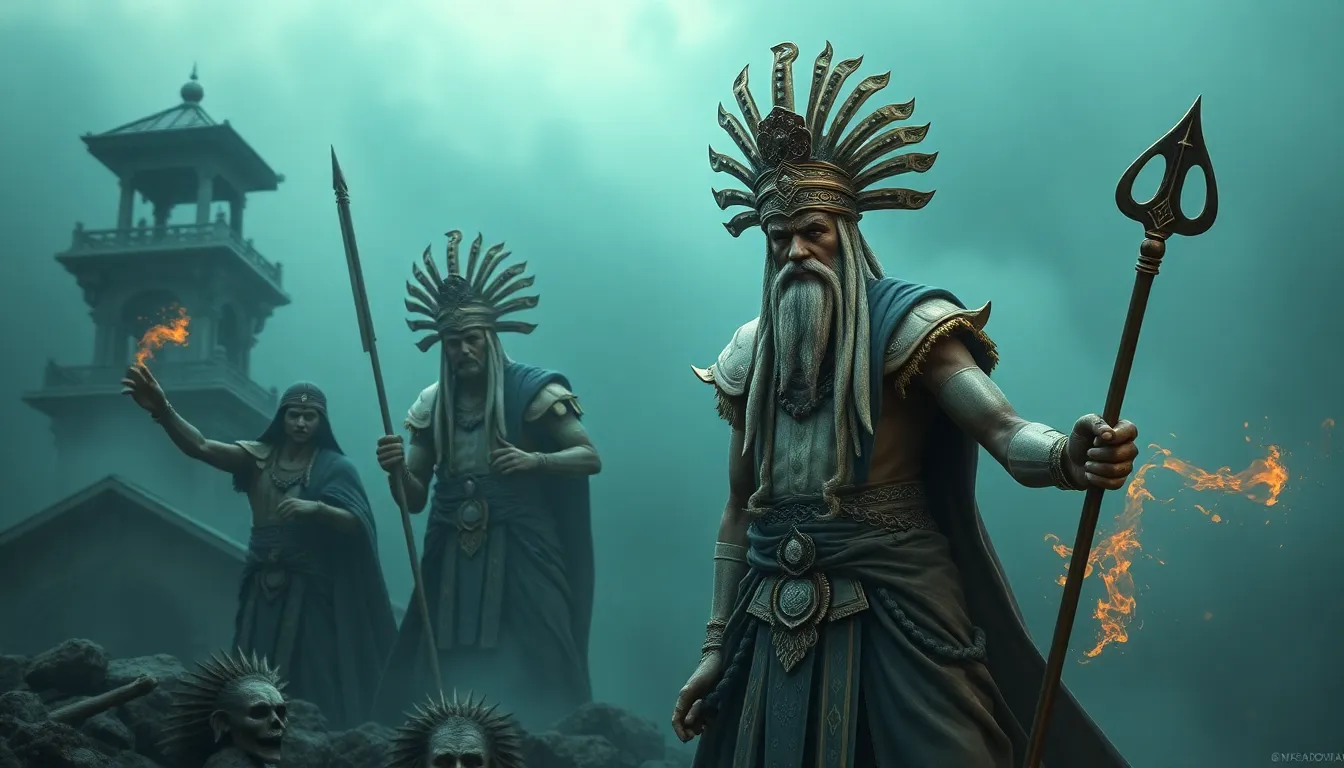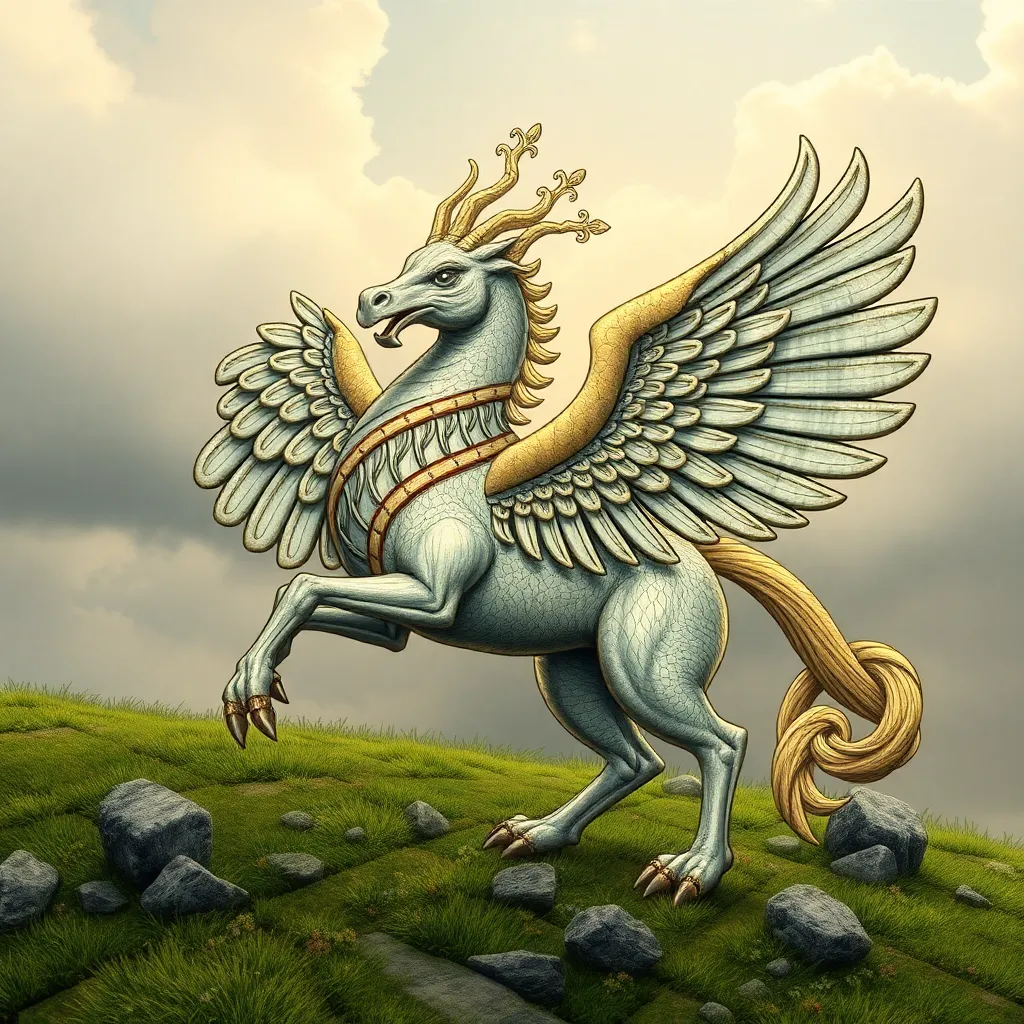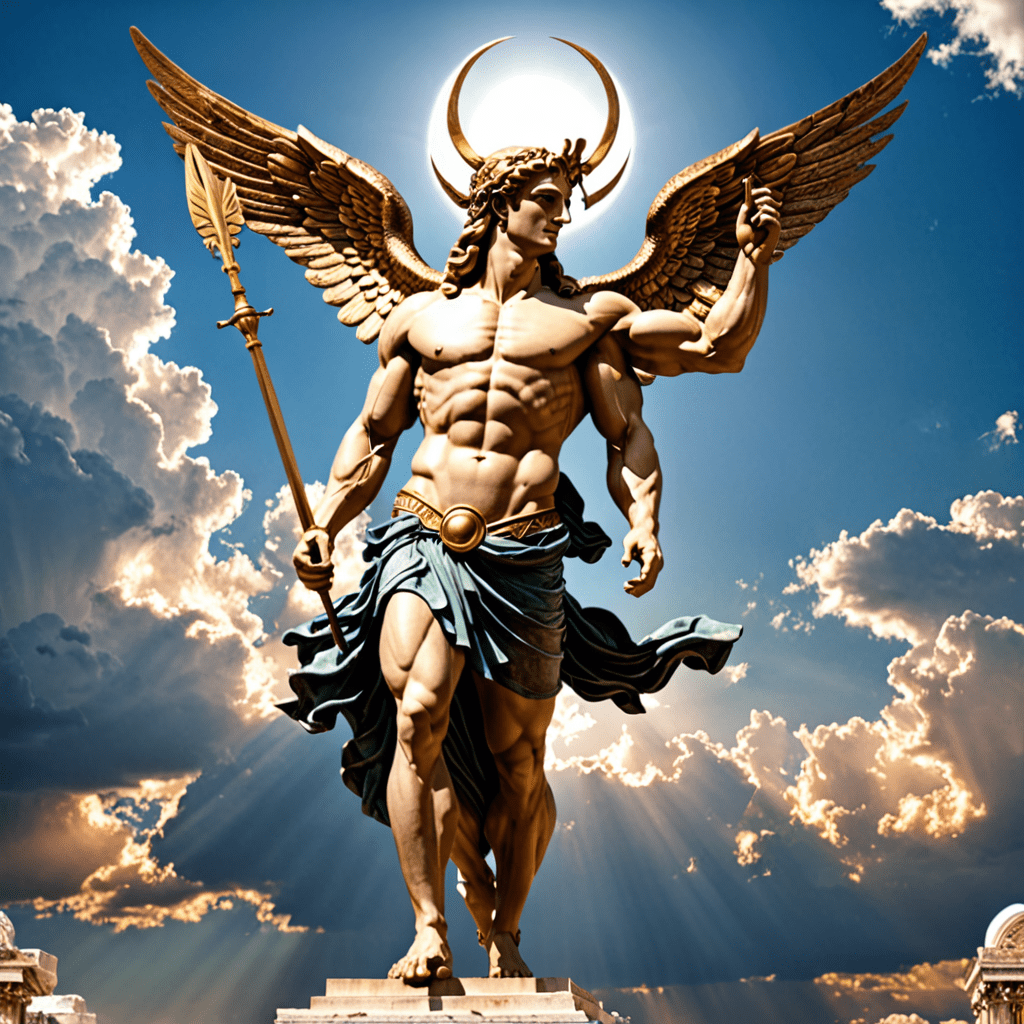The Fascinating Myths of Cultural Heroes in History
1. Introduction to Cultural Heroes
Cultural heroes are figures of great significance within various societies, often embodying the values, ideals, and aspirations of their people. These heroes are not only celebrated in folklore and literature but also play crucial roles in shaping cultural identity and collective memory.
Across different cultures, the stories of these heroes serve to inspire, educate, and entertain, illustrating the virtues and vices that define humanity. They often represent the struggle against adversity, the quest for justice, or the pursuit of wisdom, making them timeless figures in storytelling.
2. The Origins of Cultural Myths
The origins of cultural myths can be traced back to the early days of human civilization when storytelling began as a means of explaining the mysteries of life and the universe. Myths were created to understand natural phenomena, social customs, and the human experience. They were rooted in the historical context of the times, reflecting the beliefs, fears, and hopes of those who told them.
Different cultures have developed unique myth-making traditions, often influenced by their environment, social structures, and interactions with other societies. This perpetuation of myths is facilitated through oral traditions, rituals, and later, written texts, ensuring that these stories remain alive across generations.
3. Legendary Figures: From Folklore to History
Throughout history, numerous legendary figures have emerged as cultural heroes, transcending their mythological roots to become symbols of strength and resilience. For example:
- Hercules: Known for his incredible strength and heroic feats, Hercules is a central figure in Greek mythology. His labors symbolize the struggle against challenges.
- King Arthur: A legendary British leader, Arthur is often associated with chivalry and the quest for the Holy Grail, representing the ideal of nobility and leadership.
The transition from myth to historical figure often involves a blend of fact and fiction, where the deeds of these characters are embellished over time, reflecting societal values and aspirations.
4. The Archetype of the Hero
Cultural heroes often share common traits and characteristics that define the archetype of the hero. These include:
- Courage: Heroes frequently face daunting challenges and confront their fears.
- Selflessness: Many heroes act for the greater good, often sacrificing their own needs for others.
- Transformation: They typically undergo a journey that leads to personal growth and enlightenment.
- Connection to the divine: Some heroes are believed to have divine ancestry or receive guidance from gods.
The psychological and sociological implications of these archetypes are profound, influencing how societies view heroism and the values they hold dear.
5. Myths of Cultural Heroes Across Continents
Across the globe, cultural heroes emerge from diverse backgrounds, each reflecting the unique values of their societies:
- Heroes of the Americas: Figures like Quetzalcoatl, the feathered serpent god of Mesoamerican culture, and Pocahontas, who symbolizes peace and diplomacy, highlight the rich narratives of the continent.
- African legends: Characters such as Anansi, the clever spider from West African folklore, and Shaka Zulu, a powerful leader, showcase the continent’s storied past.
- European myths: Figures like Robin Hood, the champion of the downtrodden, and Odysseus, the cunning hero of the Trojan War, illustrate the evolution of heroism in European cultures.
- Asian heroes: Characters such as Sun Wukong, the Monkey King from Chinese mythology, and Yamato Takeru, a legendary prince in Japan, demonstrate the rich tapestry of Asian hero narratives.
6. The Role of Cultural Heroes in Social Identity
Cultural heroes serve crucial roles in shaping national identity and values. They often embody the ideals that a society strives to uphold, such as bravery, loyalty, and justice. The impact of these heroes can be seen in various aspects of community life:
- National pride: Heroes often become symbols of national identity, uniting people under shared values.
- Community cohesion: Stories of heroes can foster a sense of belonging, as individuals relate to the challenges and triumphs depicted in these narratives.
7. Myths Versus Reality: The Historical Debate
The historical accuracy of cultural hero myths often comes into question, leading to debates among scholars and historians. While these myths serve to inspire, they may also distort historical facts. Oral traditions, which play a significant role in preserving these stories, can lead to variations and embellishments that complicate the truth.
Analyzing the evidence behind these myths requires a careful examination of historical texts, archaeological findings, and cultural contexts, often revealing insights into the societies that created them.
8. The Evolution of Cultural Heroes in Modern Society
In contemporary society, traditional heroes are frequently adapted in various media, including movies, books, and video games. This evolution reflects changing values and cultural contexts, illustrating how ancient myths can resonate with modern audiences.
New cultural heroes are also emerging in the 21st century, often reflecting contemporary issues such as social justice, environmentalism, and diversity. These figures challenge traditional notions of heroism and expand the archetype to include a broader range of experiences and backgrounds.
9. Critiques and Reinterpretations of Cultural Heroes
The reinterpretation of cultural heroes through feminist and postcolonial lenses has led to a critical examination of traditional narratives. These perspectives challenge the glorification of certain heroes and highlight the contributions of marginalized groups.
Modern views reshape our understanding of these cultural myths, encouraging a more inclusive approach that recognizes the complexity of heroism and the diverse experiences that contribute to cultural narratives.
10. Conclusion: The Enduring Legacy of Cultural Heroes
The enduring legacy of cultural heroes continues to shape our understanding of human nature and society. These myths provide valuable lessons about courage, resilience, and the human spirit’s capacity for greatness. As we navigate an increasingly complex world, the stories of these heroes remind us of our shared values and the timeless qualities that unite us as a global community.
In reflecting on the cultural heroes of the past and present, we gain insight into what it means to be human, reinforcing the idea that while cultures may differ, the quest for meaning, justice, and connection remains universal.



